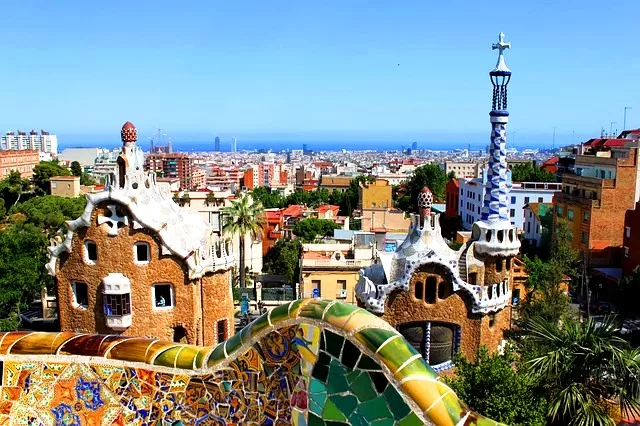
For the past few years Universities in Southern Europe had deeply suffered the consequences of the world financial crisis. As most Spanish universities rely mainly on public funding, the Higher Education industry has been particularly affected by the consequences of the budget cuts.
However, the latest edition of the QS World University Ranking shows that Spanish universities are doing its best to overcome the adversities. In general terms, they are performing better for a second year in a row. In the top we find the Catalan flagship universities; the historical University of Barcelona (UB), which this year has progressed from 178 to 166, followed by the Autonomous University of Barcelona; which went up from the 177 position to 173.
As Dídac Ramírez, Rector of the UB, wrote in his blog: ‘[…] Success also has different faces. The achievement under favourable conditions is valuable, but when it reaches a situation like the present, far away from what we would like, it must be celebrated. We have lost funding and public universities have experienced this. We’re not as I’d like us to be, and there is a fair concern among the university community. […]’
This achievement under unfavourable conditions deserves an explanation, especially taking into account that the budget for research and development has decreased around 36% over the past five years to 1.3% of the GDP in 2012. This is very far from the EU goal of 3% of the GDP by 2020 [1].
Nonetheless, Spanish institutions perform above the global average in the academic reputation and citations per faculty indicators. One of the facts that might be influencing this improvement is the funding system: both PhD applicants and research groups face a fierce competition every year and every 3 years respectively to get funding for their research projects.
In 2013 there were 800 available scholarships and 6.837 applications. For the 6037 applicants who didn’t get one, the only way to improve their chances in future years is to improve their Curriculum Vitae. This is translated into a high number of PhD students without scholarships producing the highest number of articles they can, and presenting papers in all international conferences they can attend.
And the scenario is not any better for those who have already submitted their thesis; they face the same difficulties when applying for an assistant professor role or any other long-term position. Once again, the way to improve their chances is to publish more papers with a better quality, submit as many papers as possible papers to national and international conferences, and to teach as many hours as they can to have a better curriculum.
Another option for Spanish academics struggling with budgetary restraints is to migrate to another country. In fact, in recent years an increasing number of outstanding Spanish young professionals have been forced to emigrate to places where their talent for research activities is recognized. The most striking case is the one of Diego Martinez Santos, winner of the 2013 Young Experimental Physicist Prize from the European Physical Society: the same day he received the prize, he was rejected of the Santiago Ramon y Cajal scholarship because ‘his curriculum was not good enough’.
All in all, what might partly explain the improvement of Spanish universities in the world rankings in times of deep crisis, is this ‘epic’ struggle of academics to publish more in order to improve their curriculums and/or migrate in order to fulfil their aspirations.



